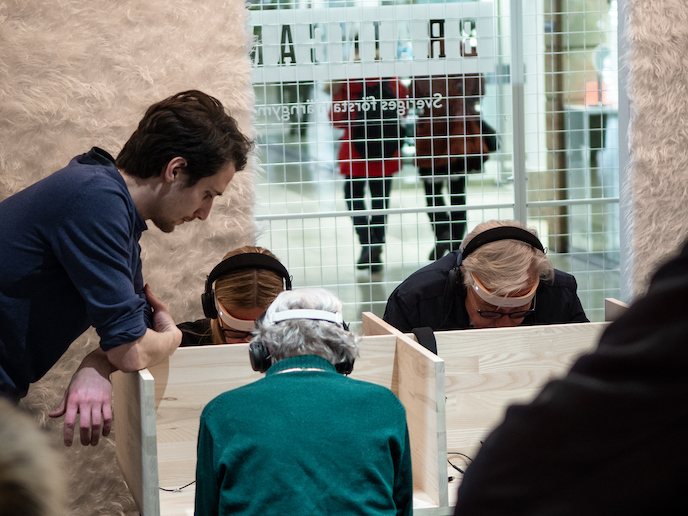Bringing advanced neurofeedback brain training to consumers
Neurofeedback(opens in new window) is a technique which trains people to control their neural activity in one or more brain regions. The process is monitored by measuring brain signals in real time. Imaging of the brain’s structural and functional connectivity provides visual feedback. While neurofeedback retraining of specific neural connections shows potential to improve brain health, it has proven expensive. Equipment typically costs around EUR 15 000 and is usually only available in clinics with specialist operators. The EU-supported Mendi Neurofeedback project has developed simple and scalable technology to make neurofeedback available to consumers, at a reduced price. The EU funding enabled market research into customer acceptance and pricing, for what could be a significant mental health tool, especially in the aftermath of COVID-19. “This assured us that we were on the right track in developing a product which we are convinced can help people,” says Rickard Eklöf, co-founder of the company Mendi(opens in new window), the project host. The device is currently available for pre-order through the website.
The brain-computer interface
Users of the Mendi Neurofeedback system wear a headband containing advanced sensors based on functional near-infrared spectroscopy(opens in new window) (fNIRS). These measure brain activity. A mobile app translates this activity into a score. Users play a game on mobile devices to consciously control blood flow, and so oxygenation. This strengthens connections in the prefrontal cortex(opens in new window). Evidence indicates that this region is crucial for complex planning, social behaviour, speech and language. To verify the technology’s efficacy, 19 participants between 18 and 53 years of age(opens in new window) performed two Stroop tests(opens in new window) while prefrontal cortex oxygenation was measured. One with an established laboratory fNIRS device, then a few weeks later with the Mendi device. Preliminary analysis showed the Mendi device to be almost as effective as the laboratory device, with a correlation at the group level of 0.81. “While these interim results are promising, they need to be corroborated with more robust studies,” adds Eklöf. At the beginning of 2020, the development team opened up the ‘Brain Camp’, which is a drop-in brain training facility in Fältöversten(opens in new window) (website in Swedish), one of the most popular shopping malls in Stockholm. “Over 1 000 people tried our Mendi training before COVID-19 forced us to pause in March. We learned a lot from those users that will help us improve uptake of the app and better design the headset to accommodate differently shaped foreheads,” notes Eklöf.
Wellness-as-a-service
More research and clinical studies into the benefits of neurofeedback will help unlock its potential to improve brain health, mood, cognitive ability and mental well-being. The Mendi team are currently working with neuroscientists, neurofeedback clinicians and other brain health practitioners, to increase knowledge whilst creating a better experience for users. “We believe that a user-centric approach, alongside collaborations with academia and scientific and practical experts, is the path forward,” says Eklöf. “We began by understanding user needs and will now work to educate them about the underlying science, in non-technical language.” After a successful small-scale pilot of their first-generation product led to initial sales in April 2019, the team are now finalising pre-production device adjustments for the second generation. The plan is to ship the first 700 devices to customers in October this year, before ramping up production for another 7 500 by the end of 2020.







